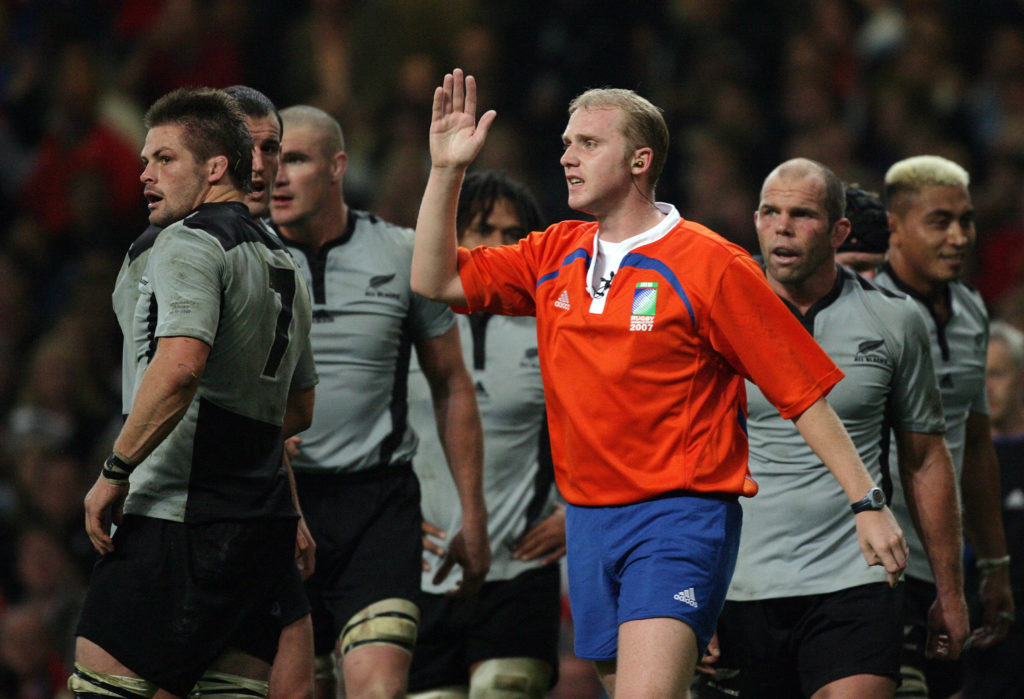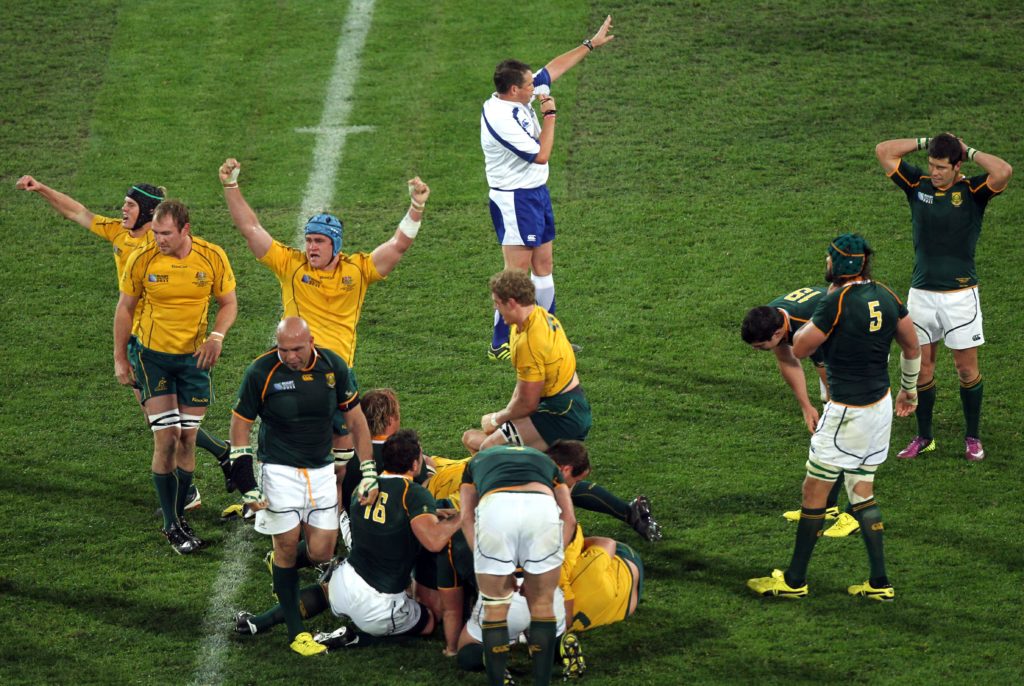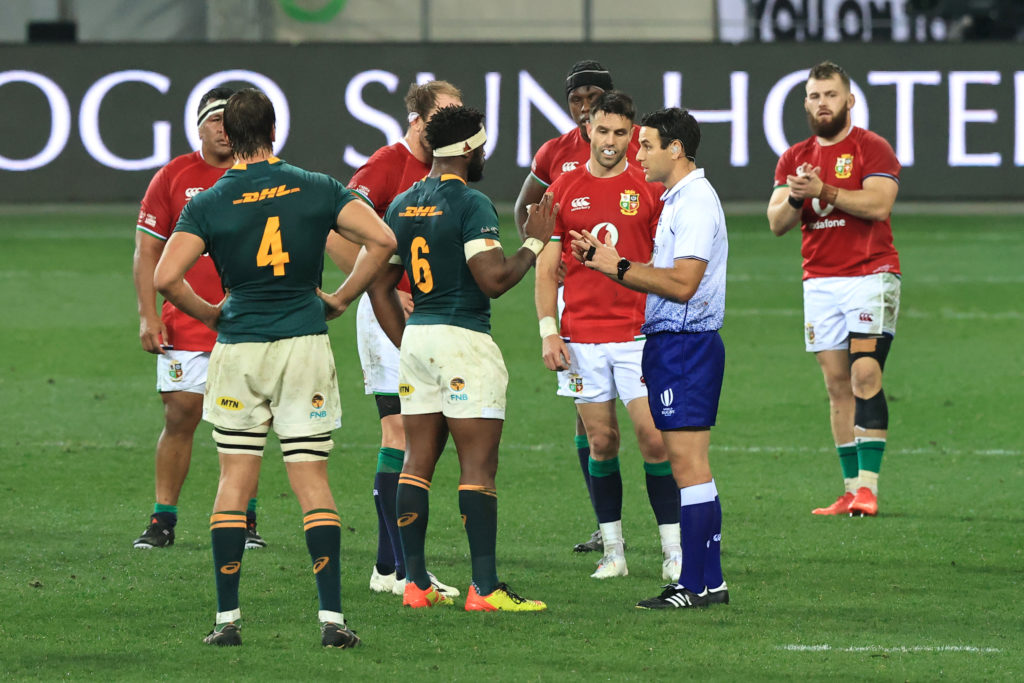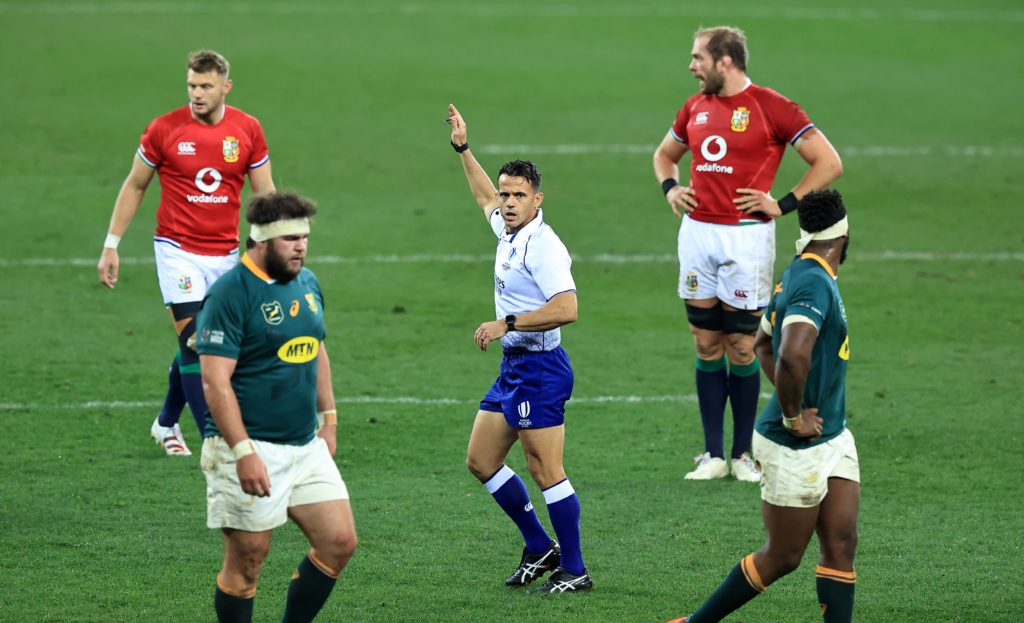The mental health of athletes has been driven into the public domain these past few months by a number of higher profile figures who have stepped away from performing to protect their wellbeing.
Perhaps this was inevitable, looking at the way top-flight sport has evolved in the last few years. Athletes carry a burden they didn’t used to. They are constantly in the spotlight now, revered as much on the front pages as they are on the back.
The biggest names have sponsors crawling all over them, expecting the world and more. But the biggest change has come with the intrusion of social media which has amplified pressure and expectation on just about anyone playing a publicly visible sport.
It’s an almost unfathomably bad state of affairs that people who know mostly nothing about sport, or in some cases, nothing about anything, are able to provide what they consider expert opinion and analysis about a specific athlete or incident in 140 characters or fewer on Twitter.
What’s even harder to comprehend is that mainstream media gives this whole circus credence – reporting these Twitter spats as news, elevating the profile of the trolls and giving their nonsense air time it never deserves.

Rugby, presumably because it doesn’t have the same global profile as other sports and is protected from trolls becoming instant experts by its own befuddling rules, is not actually immune from this modern phenomenon.
The twist, though, is that it is not typically players under siege, but referees and the last few weeks in South Africa have seen an intensification of official baiting.
Referees have been the source of anger and angst for almost a decade now. Rugby prides itself on being a sport that respects its officials, but that’s simply not true anymore.
Rugby has put many of its leading referees through hell these past few years and serious questions have to be asked about how this can be stopped and how more can be done to protect officials who, more often than not, have come to be central figures in major test matches.
It’s actually more serious than that – plenty of referees have been blamed for overly influencing results of some of the biggest matches in the last decade or so and pilloried to an unacceptable degree.
In 2011, New Zealand referee Bryce Lawrence saw his career come to a premature halt after he was accused – by both sides – of ruining the World Cup quarter-final between South Africa and Australia.
The first referee to feel the full ire of an outraged public was Wayne Barnes, who became one of the more hated figures in New Zealand after the 2007 World Cup quarter-final. Barnes, just 28 at the time, missed a critical forward pass in the build-up to France’s game-winning try and was never allowed to forget it.
The All Blacks lost 20-18 that night, but Barnes was not their problem. He made one mistake, the All Blacks made many more.
In 2011, New Zealand referee Bryce Lawrence saw his career come to a premature halt after he was accused – by both sides – of ruining the World Cup quarter-final between South Africa and Australia.
He received hate mail, death threats and then found out the following year that he was not going to be allowed to referee Super Rugby games in South Africa. It was apparently for his own safety. So he retired.
“I went into the quarter-final knowing it was a massive match and I didn’t want to overly influence the outcome,” said Lawrence in early 2012.

“The way that transpired was I didn’t make decisions and, if I had my time again, I would just go out there and do what I normally do, which is just referee and back myself.
“I had four really good [group] games at the World Cup and then I had that. I had outside pressure from pretty senior people from rugby countries behind the scenes that really created my mindset of lacking confidence to deliver what I normally do. There was some pretty nasty political stuff going on about that appointment with some people kicking up a massive stink. It probably made me freeze on the biggest stage.”
His Kiwi colleague Chris Pollock was heavily criticised for his performance during the British & Irish Lions in 2013 and then at the next World Cup, South African referee Craig Joubert had to sprint off the field at Twickenham after he had wrongly awarded Australia a last-minute penalty that enabled them to beat Scotland and advance to the semi-final.
Some of the biggest names in the game verbally attacked Joubert, leading to World Rugby making a public apology to Scotland where they said his decision was wrong.
I am not sure why that decision had to be publicly reviewed and put out there. I really hope his fellow referees stand by him because – well, the fact I’m not allowed to say much about it says it all.
Wallabies coach Michael Cheika on the public ‘trial’ of Craig Joubert
“I genuinely feel for Craig Joubert,” said Wallabies coach Michael Cheika. “It’s so unfair. No other referee has had this stuff put out there like that and he’s a very good referee … I would have liked my mates to back me up a little more on the odd occasion, if you know what I mean. I feel for him. We talk about having the right principles in the game and all of that.
“Genuinely I have never seen that before. I am not sure why that decision had to be publicly reviewed and put out there. I really hope his fellow referees stand by him because – well, the fact I’m not allowed to say much about it says it all.”
What’s kicked off in South Africa these past few weeks is at another level altogether. Unprecedented pressure was put on the officials ahead of the second test after South Africa’s director of rugby Rassie Erasmus posted an hour-long video critiquing the performance of Australian referee Nic Berry.
That was after Lions coach Warren Gatland had aired his concerns ahead of the first test about the use of a South African TMO.
Kiwi referee Ben O’Keeffe handled himself and the second test exceptionally well given the circumstances but it still leaves World Rugby with some major questions to ask about what it can do to protect and help the mental health of referees who face unspeakable pressure and scrutiny.
The issue, appears to sit on two fronts. The first is policing the actions and words of coaches and to a lesser extent players. Increasingly, some coaches have become inclined to speak publicly about officials, either by being openly critical or not so subtly trying to bring up issues ahead of games.

Warren Gatland tried this after the Lions’ first test loss to the All Blacks in 2017. He made the claim that the All Blacks had been diving at the standing leg of halfback Conor Murray whenever he box-kicked.
That was after he claimed earlier in the tour that New Zealanders were brilliant at obstructing his players when they chased kicks.
This tactic of bringing things up in press conferences ahead of big games – almost faintly praising opposition for their ability to play outside the law – was also seen at the last World Cup when Erasmus, as head coach of the Springboks, talked about the All Blacks having been given the rub of the green for a decade due to their position as the number one side in the world.
“I think there was a time when they had so much respect from every level, even from referees, some of the 50-50 decisions just went their way,” said Erasmus before the two sides met in pool play in Yokohama.
“It’s pretty obvious what they are trying to do; whilst I have a lot of respect for South Africa and Rassie, I don’t agree with what he’s doing,” replied All Blacks coach Steve Hansen.
Erasmus, having dabbled with this idea of externally pressuring referees, went nuclear ahead of the second test of the Lions series and in doing so has created a need for World Rugby to toughen its stance on coaches who want to air all this dirty laundry.
“He’s trying to put pressure on the referees externally, and they are under enough pressure already. They don’t need coaches to be doing what he’s doing.”
Erasmus, having dabbled with this idea of externally pressuring referees, went nuclear ahead of the second test of the Lions series and in doing so has created a need for World Rugby to toughen its stance on coaches who want to air all this dirty laundry.
World Rugby initially said nothing about Erasmus’ outburst, apparently because they didn’t want to detract from the Olympic sevens. But on the Monday after the second test in Cape Town, they released a statement which said: “Match officials are the backbone of the sport, and without them there is no game. World Rugby condemns any public criticism of their selection, performance or integrity which undermines their role, the well-established and trust-based coach-officials feedback process, and more importantly, the values that are at the heart of the sport.
“Having conducted a full review of all the available information, World Rugby is concerned that individuals from both teams have commented on the selection and/or performance of match officials.
“In order to protect the integrity of the sport and its values, World Rugby will also undertake a review of its Code of Conduct relating to incidents of this nature with a view to strengthening scope, rules and sanctions.”

All Blacks coach Ian Foster was asked two days after the second tests in Cape Town, what he made of events in South Africa.
“We have got to support the referees,” he said. “There is no doubt about that. We can have our gripes behind the scenes and that is right. We have felt like that at times. We felt a bit like that last year but we know the guys out in the middle are trying to do the best they can and it is a tough job.
“We have got to make sure we support the game and do the right thing. The media and other people want us to express views so it is getting that balance between how much do you say about what you really think versus making sure we are not making it an impossible game to referee.”
Getting tougher on coaches who break the rules will help, but perhaps the real key to protecting the mental health of referees and decreasing their exposure to unwanted attention, is to provide them with more help than they currently get.
Top-level rugby is fast and physical and made harder to referee by constantly changing directives and experimental laws. It’s no wonder then that the quality of officiating is variable.
The law book is needlessly convoluted and in some areas of the game, simply not fit for purpose. Referees have multiple bosses to whom they must report – competition authorities as well as national and international selectors and they all have different views on what they are looking for.
Top-level rugby is fast and physical and made harder to referee by constantly changing directives and experimental laws. It’s no wonder then that the quality of officiating is variable.
Simplifying the laws and streamlining the chain of command would be giant steps forward, but so too has the time surely come when World Rugby must seriously consider using more than one referee on the field?
It’s an idea that has periodically been floated but up until now, dismissed and yet it’s had such a positive impact on rugby league. Whatever the solution, there has to at least be an agreement that something needs to give here because test rugby is too often seemingly affected by refereeing that doesn’t make sense.
Referees are a critical component of the game and their mental wellbeing needs to be a high priority consideration. Higher than it currently is certainly.



Comments
Join free and tell us what you really think!
Sign up for free